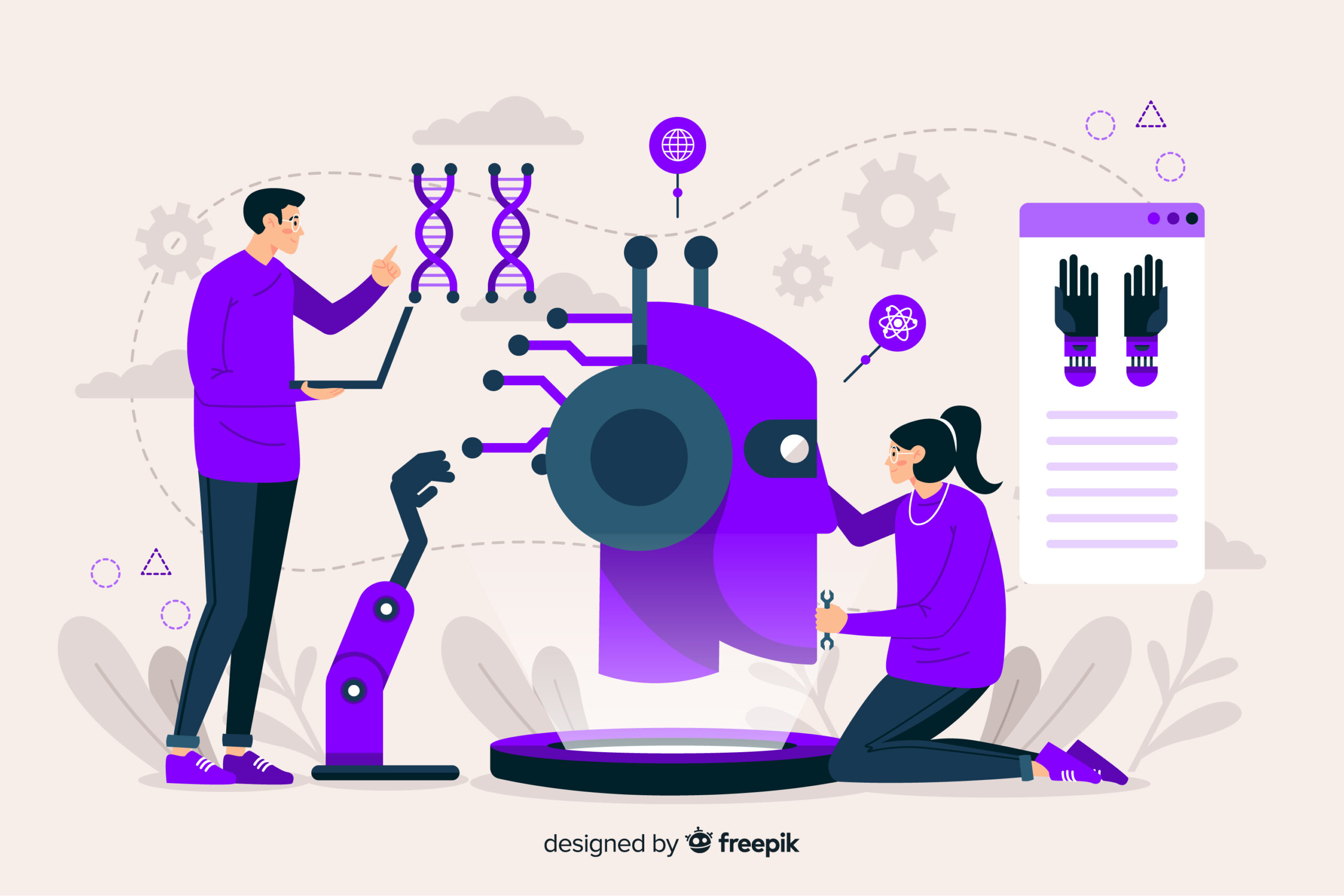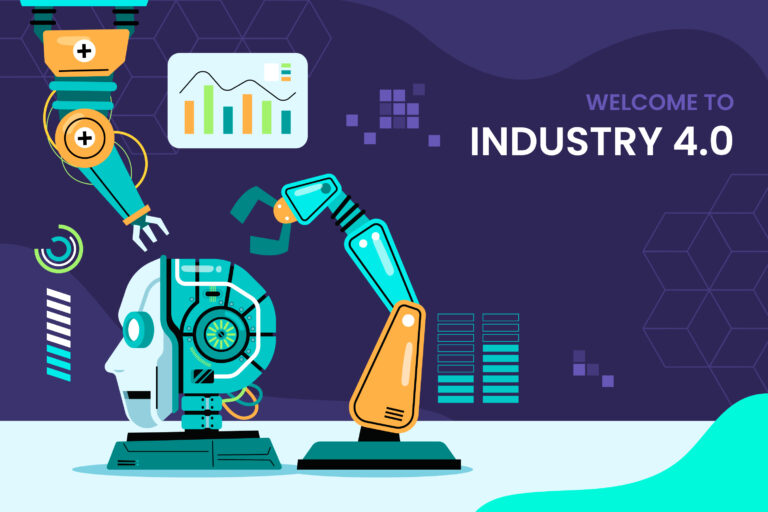3 Major AI Issues Shaping the Agenda at Davos 2024
As the world gathers for the World Economic Forum in Davos 2024, the spotlight is on the transformative power of Artificial Intelligence (AI) and the challenges it brings. With AI rapidly advancing, leaders across industries and governments are grappling with how to harness its potential while addressing the significant issues it poses. Here are three of the biggest AI-related issues that are expected to dominate discussions at Davos 2024:

1. AI Governance and Regulation
As AI becomes increasingly integrated into various aspects of society, the need for robust governance and regulation is paramount. At Davos 2024, leaders will focus on establishing global frameworks to ensure AI is developed and deployed responsibly. This includes addressing concerns about bias in AI algorithms, data privacy, and the potential misuse of AI technologies.
- AI Ethics and Bias: One of the key concerns is ensuring that AI systems are fair and unbiased. There have been numerous instances where AI algorithms have perpetuated or even exacerbated existing societal biases. Addressing this requires not only technical solutions but also ethical guidelines that govern AI development and implementation (World Economic Forum) (Deloitte United States).
- Global AI Standards: Another critical aspect of AI governance is the development of international standards. With AI technologies being deployed across borders, there is a pressing need for harmonized regulations that can prevent misuse while promoting innovation. Discussions at Davos are likely to revolve around creating a global regulatory framework that balances these needs (World Economic Forum).
2. The Impact of AI on Employment and the Workforce
The rise of AI is transforming industries, leading to both the creation of new jobs and the displacement of existing ones. The potential for AI to automate tasks traditionally performed by humans is raising significant concerns about the future of work, particularly in sectors like manufacturing, retail, and finance.
- Job Displacement vs. Job Creation: While AI has the potential to create new opportunities, it also threatens to displace millions of jobs. At Davos 2024, there will be a focus on how to manage this transition, ensuring that workers are reskilled and upskilled to thrive in an AI-driven economy. This includes exploring policies that support lifelong learning and workforce adaptability (Exploding Topics) (Deloitte United States).
- Inequality and Access: The adoption of AI could exacerbate existing inequalities, particularly if access to AI technologies and the benefits they bring is uneven. Leaders at Davos will need to address how to ensure that AI contributes to reducing inequality rather than widening the gap between different socio-economic groups (World Economic Forum).
3. AI in Climate Action and Sustainability
AI is increasingly seen as a powerful tool in the fight against climate change and the pursuit of sustainability. From optimizing energy use to enabling more efficient supply chains, AI can play a crucial role in mitigating environmental impacts. However, the energy consumption of AI itself is also a concern, and balancing these aspects will be a key topic at Davos.
- AI for Climate Solutions: AI has the potential to significantly contribute to climate action by improving energy efficiency, monitoring environmental changes, and optimizing resource use. Discussions at Davos will likely explore how AI can be leveraged to accelerate progress toward global sustainability goals (Deloitte United States).
- Sustainable AI Development: While AI can aid in climate action, the development and deployment of AI technologies are not without environmental costs. The energy-intensive nature of training AI models, particularly large-scale ones, has raised concerns about their carbon footprint. Davos 2024 will likely see debates on how to make AI development more sustainable, potentially through innovations in AI architecture or the adoption of greener technologies (World Economic Forum).
Conclusion
As AI continues to reshape our world, the discussions at Davos 2024 will play a critical role in determining how these technologies are governed, how they impact the workforce, and how they can be harnessed for sustainability. The outcomes of these discussions could set the global agenda for AI in the years to come, influencing policies and practices across industries and governments.
References:
- World Economic Forum. “Davos 2024: What to Expect on the AI Front.” Retrieved from World Economic Forum.
- MIT Technology Review. “AI’s Impact on Jobs and Inequality.” Retrieved from MIT Technology Review.
- IEA. “AI and Climate Action: Opportunities and Challenges.” Retrieved from IEA.






